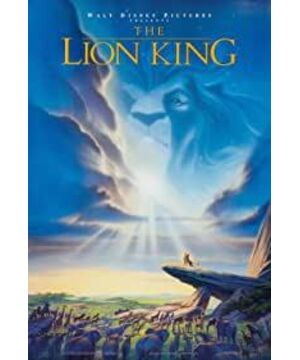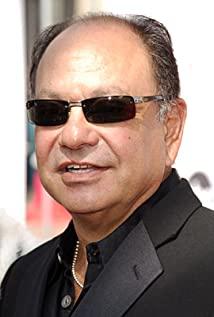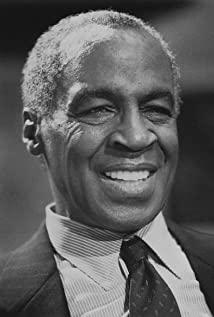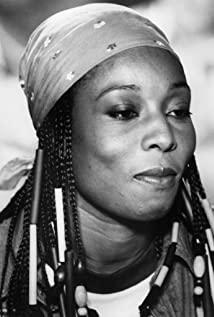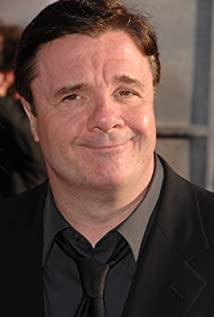Although "The Lion King" is known as Disney's first original screenplay, the reference to "Hamlet" in its story is obvious. The creative team also admitted that the life adventure of the lion king Simba was influenced by Shakespeare's drama, ancient Greek mythology and even Inspired by biblical stories. The three main characters in the film: the old lion king Mufasa, the little lion king Simba, and the old lion king's brother Scar, are all direct replacements of the characters in "Hamlet". Simba, like Hamlet, "delayed" their revenge. Regarding why Hamlet hesitated and looked forward to revenge, Western scholars have given interpretations from various aspects such as literature, philosophy, and psychology for hundreds of years. Especially in the twentieth century, it was deeply influenced by Freud's psychology school and paid special attention to the interpretation of the psychological motives behind the behavior. This deeply influenced the creation of literature and film and television in later generations. In Shakespeare’s era, dramas emphasized the behavior of characters rather than role creation; Shakespeare’s genius beyond the times is also reflected in his plays through a large number of monologues, so that the audience can see more than just the behavior of the characters. , I also saw their psychological activities and motivations. This is very much in line with the creative principles of modern film and television. In response to Hamlet’s procrastination of revenge, "The Lion King" gives a simple, clear and reasonable psychological interpretation of Simba’s behavior: the design of the scar killed Mufasa, but it made Simba mistakenly believe it was his own. The negligence killed his father, and he exiled himself because of guilt, and grew up in evading responsibility. This adaptation makes the story of "The Lion King" more reasonable and smooth than the original Shakespearean.
In 1942, the scene where Bambi’s mother was hunted by a hunter in the Disney animation "Bambi" was once rated as the saddest movie moment in American memory. In this film, the old lion king Mufasa was killed by a knife design. It has undoubtedly become the "childhood shadow" of the new generation of Americans. Although Mufasa reappeared in the form of a "ghost" in the second half of the film (a clear adaptation of the old Hamlet's ghost in "Hamlet") to weaken the tragic effect of death, it can still be seen that the theme of "The Lion King" is unexpectedly serious. The film carefully displays complex adult concepts such as "King of Kings", "Death", and "Deception" in a way that is as harmless as possible. The screenwriter accurately weaves Disney's clear view of right and wrong into the complex humanity story of "Hamlet". The focus of Simba's story is not "revenge" but "responsibility" and "growth." In the end, although Simba defeated Scar, he did not personally kill the usurper's uncle like Hamlet-otherwise Simba would become a murderer-Scar was eventually taken by a group of coyotes because of his own injustice. Gone to life. Unlike "Snow White", "Cinderella" and other stories that are destined to end in comedies, the story of the Lion King is still based on the heavy and ancient theme of "revenge". Even if Simba finally defeated Scar and regained the throne, he still could not conceal the cruel facts of the fight between flesh and blood. The renewed prosperity of the Glory Stone was built on the basis of killing and anti-slaughter. This makes the ending of the movie different from the happy endings of other Disney classics: at the end of the film, Simba took heavy steps to the Glory Stone in the rain amidst the tragic music, and inherited the already devastated country. An expression of regretful ending.
On this tragic theme of ancient Greece, the film is also intertwined with many subtle themes. The philosophy of reincarnation derived from the opening music "Endless Life" was taught to little Simba through the mouth of the old lion king Mufasa, and also to the small audience in front of the screen. The "Lion King" in the title of this film is just a title, which can refer to Mufasa, Simba, or even Scar. They are all former Lion Kings on this African grassland. History advances in this generation of monarchs, just like the reinterpretation of "Hamlet" from generation to generation in history. In fact, "The Lion King"'s retelling of the "Hamlet" story itself embodies the cycle of life.
The reason why classics become classics is largely due to the fact that these classic story models conform to the development of human history and also conform to human nature. In turn, these classics have shaped people’s psychological expectations in people’s repeated word of mouth: people are used to the end of the story that justice triumphs over evil, princesses meet princes, princes regain the throne... this is how history is. Countless retelling and adaptation, exaggeration and imagination become a classic. In fact, throughout the history of film, those movies that are most sought after by audiences often have such a well-known classic story mode as the foundation.
Although the box office myth created by "The Lion King" was refreshed by later rising 3D animations such as "Frozen", "The Lion King" has a perfect and authentic animation style, emotionally rich music and Broadway-style big scene singing and dancing. , The balance between serious topics and relaxed sections, most importantly, its majestic epic temperament and the narration of eternal human topics have made it a monument in the history of Western animation, and it is also the absolute No.1 Disney animation in the author’s mind. .
View more about The Lion King reviews


